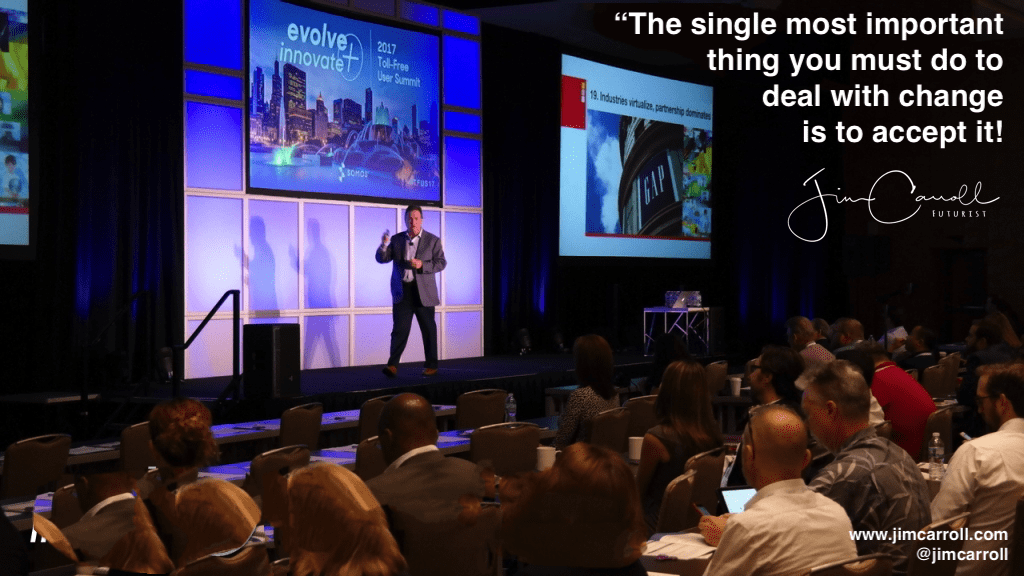There was an interesting article in the New York Times on Feb 18: “Careers: ‘Board Doctors,’ to Supervise the Supervisors — More companies bring in experts to scrutinize effectiveness of directors, creating a growth business.” (read the article)
The article opens with the observation: “Amid unprecedented pressure from investors, more boards are tapping outside experts so they can monitor management better and clean their own house. The legion of advisers — which some dub “board doctors” — scrutinize boards’ inner workings and prescribe cures for such ills as an entrenched chief executive, 800-page briefing books, or even a director who plays Sudoku during management presentations. The experts often enable board members to make tough choices they are too squeamish to do on their own.”
Essentially, the gist of the article boiled down to three key points:
- boards are becoming less effective at making ‘hard decisions’
- the result is a trend in which there is more outside (hired) scrutiny of the effectiveness of board performance
- the scrutiny adds in assessment of the effectiveness of individual board members
In an amusing point, the article comments on one director who was known to regularly play Sudoku during board meetings.
The article is a good read, and a great outline of some of the problems facing the world of corporate governance today. But from my perspective, it missed a key point that I’ve been raising in many of my sessions with Boards through the years — most boards are not structured to deal with issues of future strategic direction.
If you understand how boards work, there are two key issues:
- it’s a very insular club ; still, globally, very much an ‘old boys network’ (although gender diversity is a key issue that many national Director associations are working hard to solve)
- the board ‘skills matrix’ — that is, the type of people that boards seek to recruit — generally consists of finance/accounting; legal; executive compensation; IT; human resources; and specific industry experience. Few seem to have expanded their matrix to include “future strategic insight.”
A few years ago, I thought it might be interesting to apply my skill of anticipating and outlining future trends by actively seeking involvement in a few boards. I took a director education course at the University of Rotman. It was a fascinating world to immerse myself in. Sadly, since then, I’ve had few opportunities (probably, to be honest, because I don’t network with the board world as most other folks do.)
What’s the looming crisis? I outlined this back in a post in 2007, “The Future of Governance.” Essentially, there are numerous boards who do not take on the responsibility of actively and regularly assessing trends for future threats and opportunities, and include this assessment in their evaluation of the effectivness of the CEO (which is one of their key responsibilities.)
I’ll repost the 2007 post in fulll below; it still makes what I believe is a useful and powerful read.
I’m not sure much has changed since I wrote it; consider, for example, the recent security/hacking issues with Sony. Should they not have had a high level Board member who would be asking tough questions as to what structure the CEO had in place to deal with an obvious looming security infrastructure challenge. You can lay the Sony debacle at the door of the CEO. You can also lay blame directly against the Board of Directors.
Have a look at the article, and then consider if the Board you participate on has a significant ‘future oriented challenge.’
—–
I was in Colorado Springs yesterday, as the opening keynote of the Leadership Institute for Directors for FCCServices — they’re the business services arm of the US federal Farm Credit System.
In attendance were members of the Boards of Directors for a wide variety of state and community farm credit co-ops; these folks are the backbone of the US farm lending infrastructure. The Directors are local farmers, community leaders and business executives, and hence, need to be aware of the trends impacting the local and global agricultural industries, so that they can plan accordingly, assess risk, and make sound business decisions with respect to their co-ops.
My keynote took a look at “what comes next in the agricultural sector” – it’s one of many talks I do within the industry. And agriculture is certainly subject to high velocity change: there’s rapid evolution in science (bio-crops); new markets (bio-fuel) ; rapidly changing skills; new direct to consumer market opportunities; globalization (current food production must double in the next 30 years to keep up with global population growth.) All of which could spell opportunity if approached correctly — or turmoil and challenge if ignored.
The intent of the talk — and the overall theme of the leadership conference — was to ensure that these folks have the insight to direct their organizations into the future. That’s an important and critical role for Boards; and FCC Services is an example of an organization that has made sure that the “future” is closely linked to the issue of “governance.”
I think there are too many organizations that don’t do this. Sadly, with all the current focus on “compliance,” I’ve come to believe that there is a critical lack of future planning on many other corporate boards around the world. The result is that potential risks are often ignored; then things go wrong; then the company gets sued for significant sums of money. Is this Board negligence? That’s an interesting question, isn’t it!
Here’s an example: years ago, I wrote an article indicating that one of the critical CEO/Board level issues that must be addressed had to do with network security; certainly, everyone knows that organizations should properly secure their information assets. Yet in the article, I suggested that I believe that many Boards aren’t dealing with the issue, and that it was an area ripe for future exposure, noting that: “If I were a tort lawyer, I’d be licking my lips in anticipation of the opportunities to come in the next few years.”
Boards and CEO’s should ensure — as they are required to do with financial controls — that the information assets of the organization are properly locked down. They must understand obvious future trends, and ensure that management has planned accordingly. I strongly believe this to be the next wave in Board responsibility.
Do many Boards of Directors ensure that the organization is properly preparing for the rapidity of trends? Not many. Witness the shenanigans with the TJX Group, which had its corporate network hacked and millions of credit card numbers stolen. (The company runs HomeGoods, Marshalls, A.J. Wright, Bob’s Stores and The Maxx stores; in Canada the chain consists of Winners and HomeSense.) Now comes news that a group of banks want to sue the company with respect to the issue.
I can only imagine the questions that the Board of TJX is now asking!
Currently, much of the focus of board governance has to do with “compliance” — how well are boards, and the companies they are responsible for, dealing with the new realities of the post-Enron era.
I believe that within the next decade, we will see Board responsibility quickly evolve into a new and much more complex era than simply making sure that “i’s are dotted and the t’s are crossed.’ All we need are a few savvy lawyers to launch a few negligence suits against a few public companies, alleging that a Board failed to develop a plan for and respond to obvious future trends.
It’s a trend worth watching.









GET IN TOUCH
Jim's Facebook page
You'll find Jim's latest videos on Youtube
Mastodon. What's on Jim's mind? Check his feed!
LinkedIn - reach out to Jim for a professional connection!
Flickr! Get inspired! A massive archive of all of Jim's daily inspirational quotes!
Instagram - the home for Jim's motivational mind!